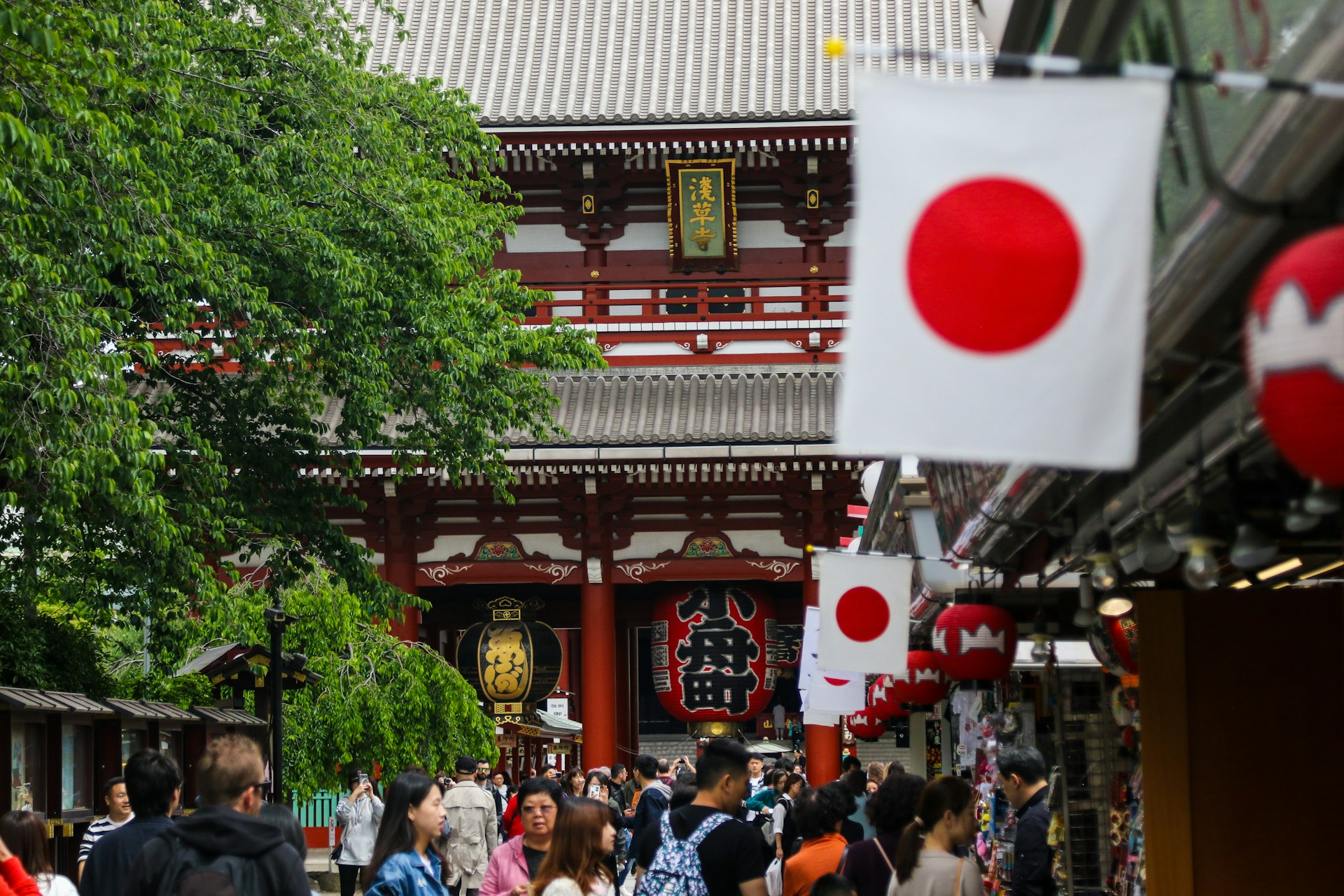Heroic act by a Chinese woman amid rising anti-Japanese sentiment in China

The deep-seated tension between China and Japan has flared once again on social media, igniting a storm of anti-Japanese sentiment over recent events. These sentiments were kindled once again by the heroic act of a Chinese woman, Hu Youping, a 55-year-old school bus attendant.
The situation escalated on June 24 when a knife-wielding man attacked a Japanese woman and her son at a school bus stop in Suzhou.
Heroic act
Hu captured the nation’s attention when she bravely intervened to protect the Japanese pair, sustaining fatal injuries herself. She succumbed to her wounds later that day, a sacrifice that sparked an emotional whirlwind on Chinese social media.
Hu’s heroic act was widely celebrated, with many advocating for the bus stop to be named in her honor. However, such heroism also amplified a surge of hate speech against Japan. Amidst the praise for Hu, some posts disturbingly suggested that the attack was justified.
Recognizing the danger of this escalating extremism, Chinese social media companies quickly stepped in. Tech giant Tencent, which operates WeChat, condemned the hate speech and announced a crackdown on posts promoting extreme nationalism. NetEase, a leading gaming company, echoed this sentiment, calling outposts that incited violence and falsely accused Hu of espionage.
Douyin and Weibo, China’s counterparts to TikTok and Twitter, also took a stand. They removed thousands of inflammatory posts and shut down several dozen accounts that celebrated the criminal act under the guise of patriotism. This coordinated effort marked a rare but decisive rebuke of nationalist fervor on these platforms.
Thriving anti-Japanese rhetoric
Despite China’s heavily moderated online environment, anti-Japanese rhetoric has often been allowed to thrive. However, the fallout from this incident has prompted a shift. By Wednesday, the main hashtag related to the attack on the Japanese victims had been censored, although discussions about Hu’s bravery continue.
In a poignant gesture, Japan’s embassy in China flew its flag at half-mast in honor of Hu’s selfless act.
While it remains unclear if the central government directly influenced the crackdown, Chinese social media companies are known to align swiftly with state directives. The Cyberspace Administration of China, which oversees online content, recently issued new guidelines on censoring violent content.
This surge in anti-Japanese sentiment comes at a challenging time for Chinese officials, who are keen to attract more business from Japan amidst economic difficulties. Suzhou, where the attack occurred, is a major hub for Japanese investment, housing thousands of Japanese firms.
Enjoying this article?
Subscribe to get more stories like this delivered to your inbox.
On Tuesday, Chinese state media reported that Vice Premier He Lifeng had met with a Japanese trade delegation, emphasizing China’s desire for increased Japanese business presence. This delicate balancing act between addressing public sentiment and fostering international relations underscores the complexities facing China today.
Related Stories:
Chinese TikTok vendors in U.S. ruffled by regulatory changes
Lockdowns in China mean no more iPhones?
Japan’s imperial family takes Instagram by storm, bridging generational gap
Journalist
